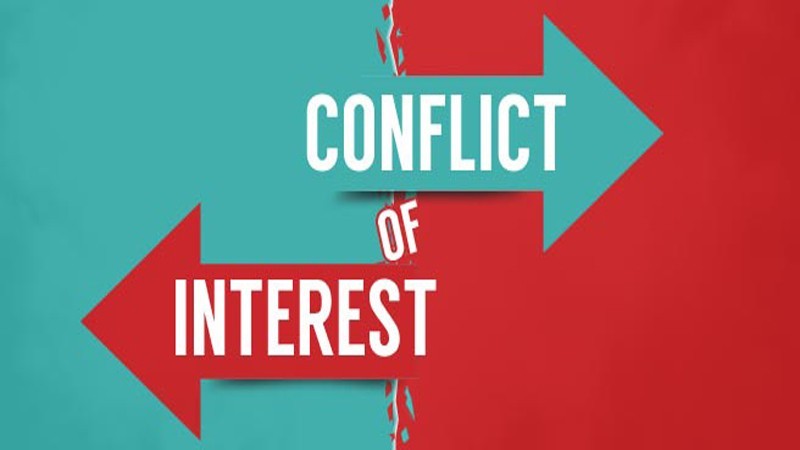In an era where workplace culture is increasingly recognized as both a driver of success and a potential legal minefield, the need for effective training in Respect at Work, Psychological Safety, and whistleblowing cannot be overstated. Recent legal reforms aim to foster workplaces where diversity, inclusion, and belonging are not just encouraged but embedded into the fabric of corporate life.
The problem has been exacerbated through the involvement of law firms and audit service firms in delivering these training programs which presents a profound conflict of interest, with significant implications for the authenticity and effectiveness of such liability initiatives. The Human Right Commission themselves have warned firms not to take a strictly legal approach but to create a proper foundation of inclusion that inspires change in a modern workplace.
Legal Expertise Versus Cultural Change
Law firms are traditionally geared towards the provision of advice that protects clients from legal risks, including potential litigation. That’s their job but also how they line their pockets with a client’s hard-earned dollars. The use the laws as a source of fear rather than creating sustainable change.
Their expertise in navigating complex legal frameworks is invaluable, but when it comes to training on Respect at Work and Psychological Safety, their approach is often unavoidably skewed towards avoiding legal liability rather than fostering a genuinely inclusive culture.
This prosecutorial perspective can result in training that prioritizes compliance over substantive cultural change, potentially leaving the root causes of workplace issues unaddressed.
Likewise audit firms, have a focus on compliance and risk management, are adept at identifying breaches and ensuring that procedural aspects of law are adhered to. The problem is this does not necessarily translate into a capability to nurture an environment of trust and openness essential for effective training and whistleblowing systems or the promotion of psychological safety.
The Dangers of Dual Roles
When law and audit firms serve as both legal advisors, whistleblowing services and trainers, there arises an inherent conflict of interest. Employees generally question the sincerity of the training, perceiving it as a check-the-box exercise aimed more at protecting the firm than promoting their well-being.
Also what’s been found in their dual roles is that these firms are less inclined to encourage practices or discussions that could expose their clients to increased legal scrutiny or financial liability. This scepticism undermines the training’s credibility and effectiveness, stifling honest discussions and genuine attempts at cultural change and driving inclusive practices.
Recommendations for Selecting a Training Providers
To avoid these conflicts and ensure the effectiveness of training programs, organizations should consider the following strategies when selecting training providers:
- Seek Specialization in Diversity, Inclusion, and Belonging: Choose a provider that specialize exclusively in DEI training. Specialists with a background in organizational psychology, human resources, or cultural studies bring a nuanced understanding of interpersonal dynamics and are more likely to promote real cultural change rather than mere legal compliance.
- Verify their Accreditation: Ensure that the training provider is accredited under standards such as ISO 30415 for Human Resource Management – Diversity and Inclusion. This international standard helps guarantee that the provider meets global best practices in DEI training, emphasizing the importance of creating an inclusive culture that aligns with ethical guidelines and effectiveness metrics.|
- Independence is Key: Opt for providers who have no other contractual relationships with the organization, such as legal or auditing services. Independence assures that the trainings are unbiased and solely focused on the best interests of the employees and the organizational culture.
- Assess Methodology and Content: Evaluate the training methodology and content beforehand. Effective DEI training should be interactive, scenario-based, and reflective, encouraging participants to engage deeply with the material and with each other in meaningful ways.
- Solicit Feedback and Adapt: After training sessions, gather feedback from participants and assess the impact of the training on workplace culture. Use this feedback to make informed decisions about future training needs and provider selection.
As organizations strive to align with modern values of diversity and inclusion, the choice of training provider and partner now becomes incredibly crucial.
What is very clear is that Law firms and audit service firms, with their focus on legal outcomes and compliance, are inherently ill-equipped to foster the deep cultural shifts necessary for a truly inclusive workplace.
Choosing an independent, specialized, and accredited providers for Respect at Work and Psychological Safety training and Whistleblowing, organizations can more effectively achieve the substantive cultural change that modern legal frameworks intend to promote.



















